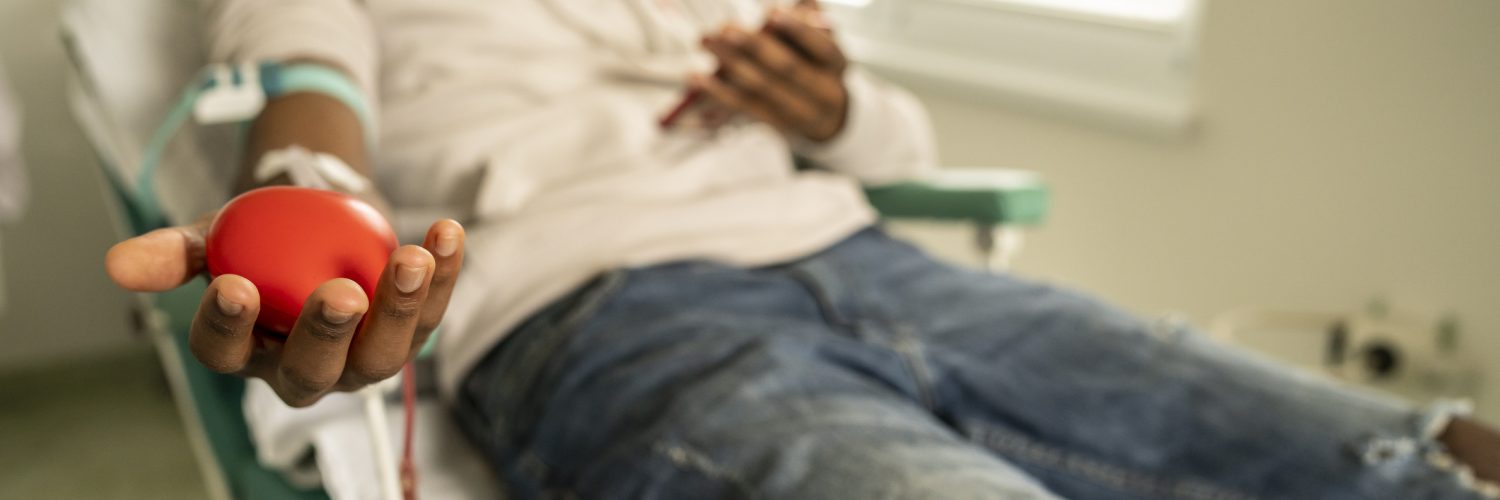The pandemic and winter’s circulation of colds and flu have created a critical shortage in the nation’s blood supply. Fewer people are donating and fewer blood drives exist. Yet donating blood remains lifesaving for so many who need transfusions (which may include you at some point), and it’s especially important now to consider donating and be a hero! If you’re hesitating to donate for one reason or another, here are a few things to keep in mind:
It only takes an hour. That includes registration, a health check (checking your temperature, blood pressure, hemoglobin, and pulse, and reviewing your travel history) and the blood donation itself.
It feels like a momentary pinch. Try pinching the flesh on the underside of your arm—that’s how it feels when the needle is inserted.
Donation centers make safety a top priority. Blood is only collected from individuals who are healthy and feeling well at the time of donation—and employees follow thorough safety protocols to help prevent the spread of any type of infection. Donors and employees wear masks.
Any blood type is needed. If you don’t know yours, you will find out after you give a donation. Type O positive blood, the most common type, is given to patients more than any other blood type, and is one of the first to run out during a shortage due to its high demand.
Taking medications doesn’t automatically disqualify you from donating. However, you may have to wait some length of time to donate blood after taking the last dose.
You’re never too old to donate blood. Donors need to be at least 17 years old, weigh at least 110 pounds and be in good health. Additional eligibility criteria may apply.
Have more questions about donating if you have high blood pressure or other medical conditions, bringing guests/kids to the donation center, or other concerns? Click here for answers and get more answers here.



